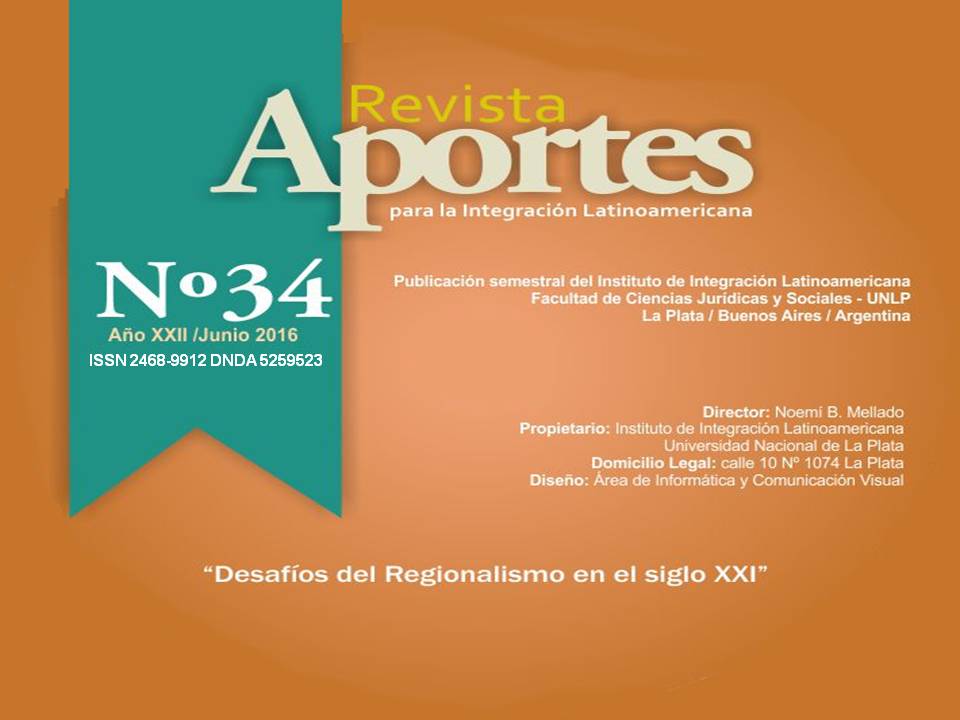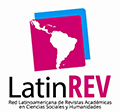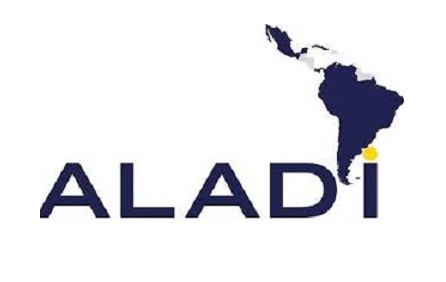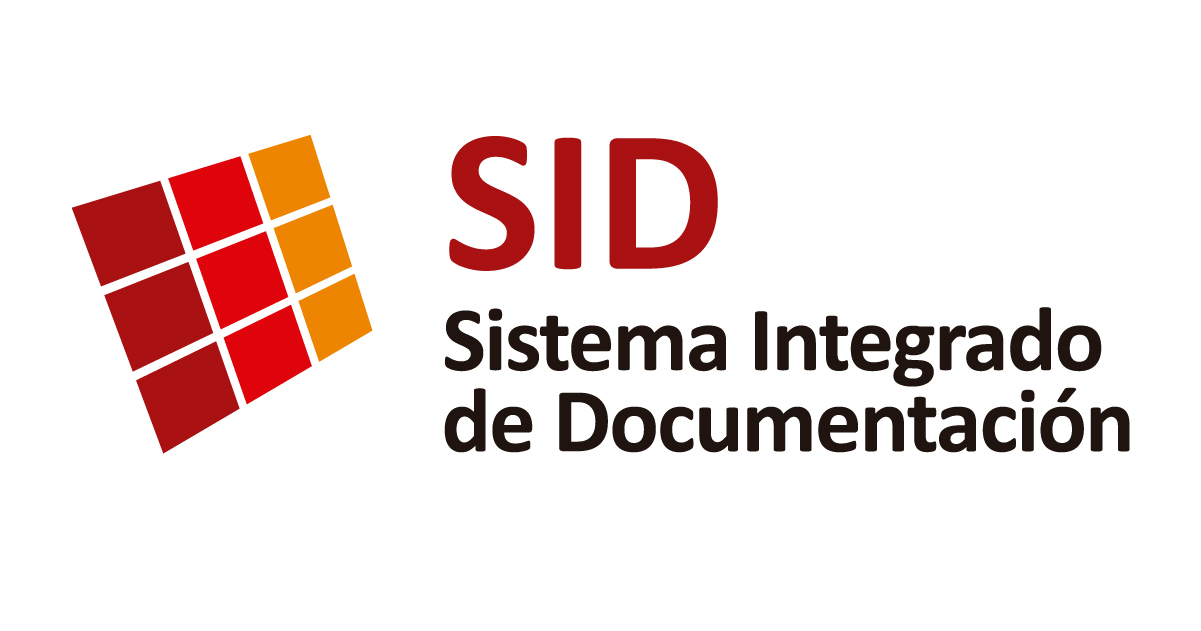MERCOSUR and the “XXI century Regionalism”. Some keys to understanding the upcoming evolution of the integration process
Abstract
This paper aims to analyze the current status of MERCOSUR towards the so-called "XXIst century Regionalism". This phenomenon, conceptualized by Baldwin, has recently taken shape in the megarregional trade agreements negotiations. Because of its characteristics, these processes challenge MERCOSUR as a model of regional integration, as well as in its international trade relations and in its international insertion. In the paper we analyze these challenges of the XXI century regionalism, from three approaches of the international political economy: Gruber's argument regarding the "go-it-alone power" in trade negotiations; Mansfield and Milner’s thesis regarding the "strategic interaction"; and finally, the "strategic use of regionalism," which can be traced in the analysis of megarregional negotiations. Secondly we consider the penetration that this paradigm has had within MERCOSUR, either in its normative aspects, in the constitution of value chains or in its external agenda. The hypothesis argues that while for MERCOSUR "regionalism XXI Century" is not new, the block displays more weaknesses than strengths to seize the opportunities and face the threats it represents.
Downloads
Metrics
Downloads
Published
How to Cite
Issue
Section
License
Obras bajo licencia CC-BY-NC-ND
Esta licencia no permite la generación de obras derivadas ni hacer un uso comercial de la obra original, es decir, sólo son posibles los usos y finalidades que no tengan carácter comercial.


































